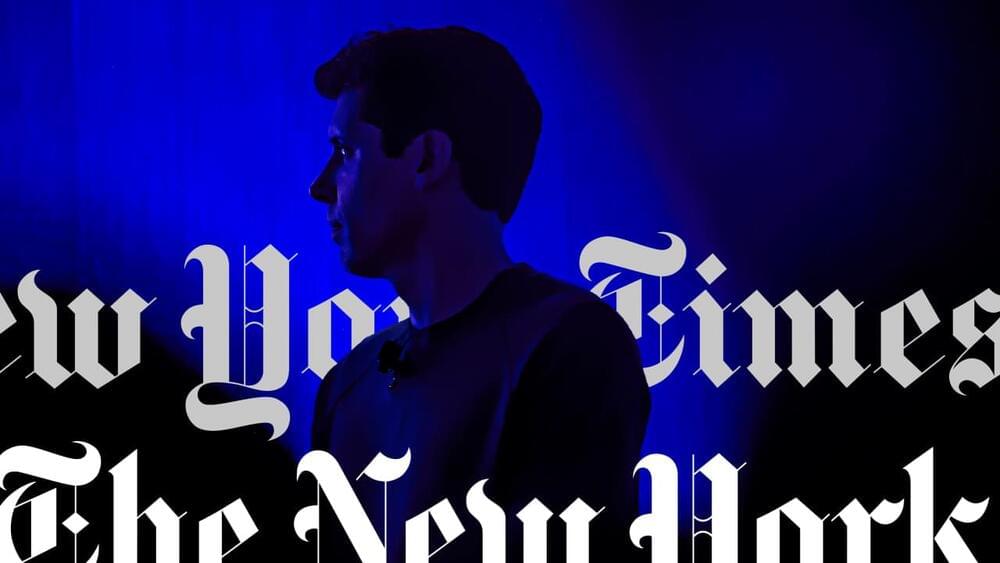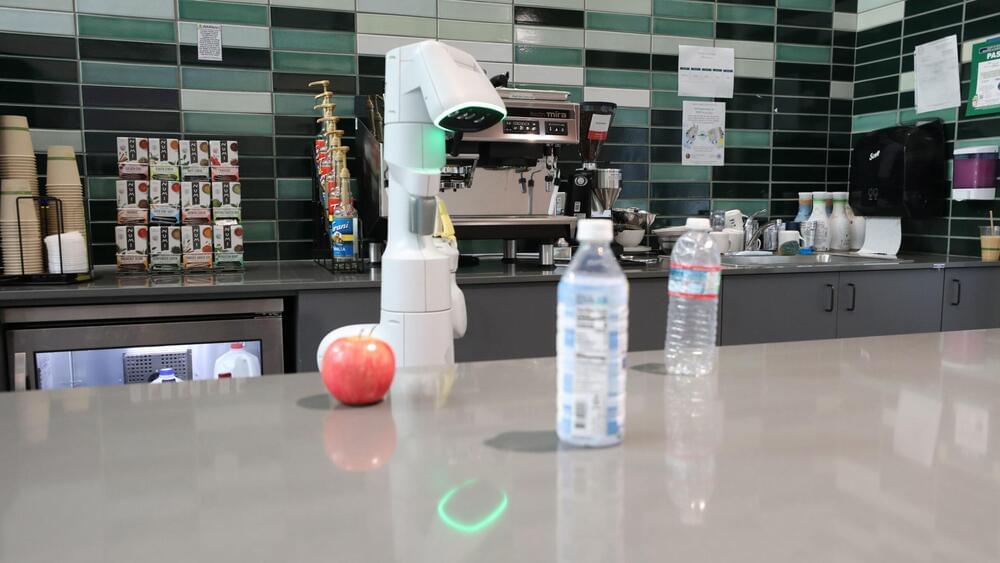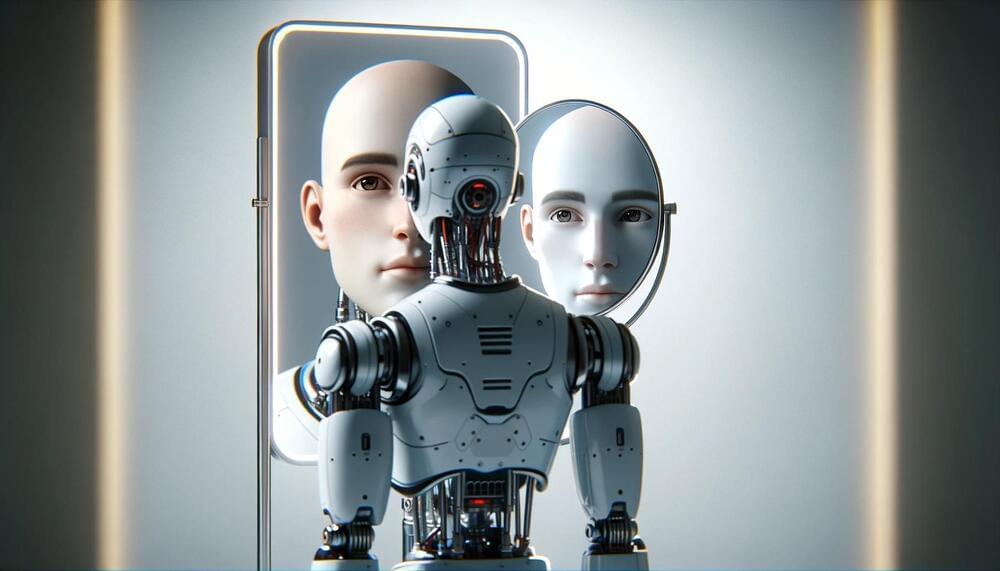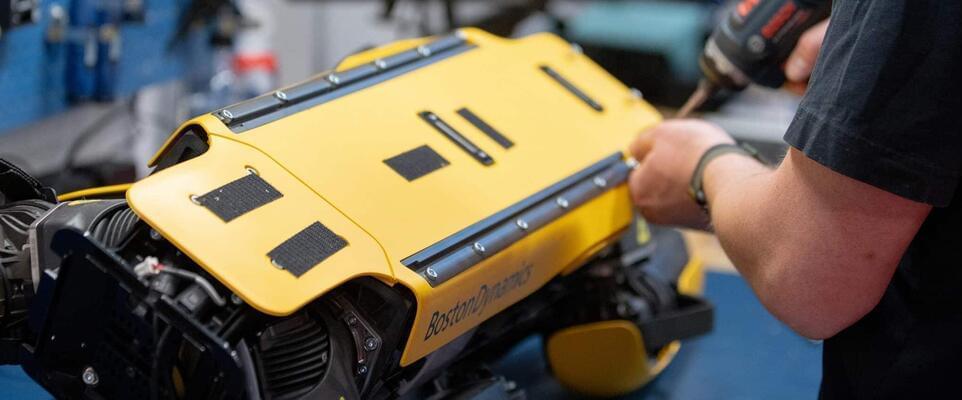In a newly released court filing, Michael Cohen admitted to using Google Bard to research court cases, without realizing the chatbot made them up.


This is a great invention.
Professor Mike Wooldridge asks: what is artificial intelligence? He compares how AI works and learns with how the human brain functions. Exploring the roots of AI, Mike reveals how Alan Turing devised the Imitation Game – a test of whether a machine answering a series of questions could pass as a human. The audience in the lecture theatre play a real-life version of the game to find out if AI can pass this test today. In this lecture, Mike examines real-life neurons in action and explains how artificial neural networks are inspired by neural structures in the brain. To demonstrate how AI learns, we watch drones as they are trained to recognise and fly through structures in the lecture theatre autonomously. AI exploded into the public consciousness in 2022 with the release of ChatGPT and boasts around 100 million monthly users. Mike unravels the mystery of how large language models like ChatGPT work, and he finds out if one day this technology — along with a whole suite of different AI tools — will allow us to understand the animals we share this planet with. The Christmas Lectures are the most prestigious event in the Royal Institution calendar, dating from 1,825, when Michael Faraday founded the series. They are the world’s longest running science television series and always promise to inspire and amaze each year through explosive demonstrations and interactive experiments with the live theatre audience.\
\
Subscribe and 🔔 to the BBC 👉 https://bit.ly/BBCYouTubeSub\
Watch the BBC first on iPlayer 👉 https://bbc.in/iPlayer-Home\
\
All our TV channels and S4C are available to watch live through BBC iPlayer, although some programmes may not be available to stream online due to rights. If you would like to read more on what types of programmes are available to watch live, check the ‘Are all programmes that are broadcast available on BBC iPlayer?’ FAQ 👉 https://bbc.in/2m8ks6v.

Tesla’s FSD V12 wide release has started, with plans to reach higher capability by next year, including the ability to drive through fog and potentially achieve true robot taxi capabilities.
Questions to inspire discussion.
What is Tesla’s FSD V12?
—Tesla’s Full Self-Driving version 12 is a new end-to-end neural network that allows the system to teach itself and learn on its own, with plans to reach higher levels of capability by next year.

Engineers at Princeton University and Google have come up with a new way to teach robots to know when they don’t know. The technique involves quantifying the fuzziness of human language and using that measurement to tell robots when to ask for further directions. Telling a robot to pick up a bowl from a table with only one bowl is fairly clear. But telling a robot to pick up a bowl when there are five bowls on the table generates a much higher degree of uncertainty — and triggers the robot to ask for clarification.
Because tasks are typically more complex than a simple “pick up a bowl” command, the engineers use large language models (LLMs) — the technology behind tools such as ChatGPT — to gauge uncertainty in complex environments. LLMs are bringing robots powerful capabilities to follow human language, but LLM outputs are still frequently unreliable, said Anirudha Majumdar, an assistant professor of mechanical and aerospace engineering at Princeton and the senior author of a study outlining the new method.
“Blindly following plans generated by an LLM could cause robots to act in an unsafe or untrustworthy manner, and so we need our LLM-based robots to know when they don’t know,” said Majumdar.

What happens when AI surpasses human-level intelligence? And WHEN exactly is this likely to happen?
That’s the focus of the next Metatrend in this Age of Abundance series.
Human-level AI, often referred to as AGI (artificial general intelligence) or ASI (artificial super intelligence), has historically been defined as the ability of a machine program to pass the “Turing Test,” defined as the ability of an AI to perform human-level tasks in a fashion indistinguishable from us humans. This definition is no longer useful.

Philospher of A.I.
The question of whether artificial intelligence could ever achieve consciousness is a common theme in science fiction. Could robots ever truly feel anything—like love, hate, or fear—or would they be all “dark inside”, experiencing nothing at all?
It is more important than ever to answer this question correctly. Artificial intelligence (AI) is no longer merely a matter of science fiction. AI are increasingly capable of producing art and mastering the use of language, raising serious questions about whether AI are already capable of consciousness, or if not yet, then soon.

How do we ensure that our robots are the most reliable on the market, capable of walking greater distances, climbing more steps, and inspecting more assets than any other mobile robot? In this webinar, we’ll offer an unprecedented glimpse into the rigorous testing each robot endures before it leaves our lab. We’ll also explore our commitment to customer success, covering our after-sales service and support programs that enable an exceptional customer experience.
In this webinar you will learn: